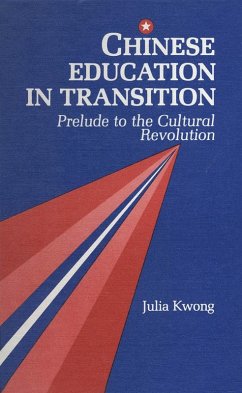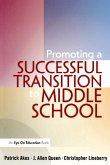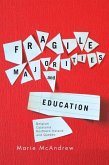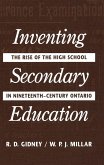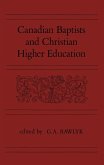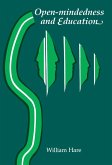Recent dramatic developments in China have increased Western interest in both her institutions and her politics. However, most of the studies dealing with the 'new' China tend to concentrate on recent events, leaving undocumented, particularly, the years between the establishment of the People's Republic in 1949 and the onset of the Cultural Revolution. To supplement this gap in the literature, Dr. Julia Kwong here examines the workings of a crucial institution- education-during this period in China's history. The years from 1949 to 1966 saw swings from one educational policy to another, as proponents with differing views on how to achieve a true socialist state gained or lost ascendancy. The reciprocal key influence on each other of the economy and the educational system is Professor Kwong's focus. A deliberate attempt is made to evaluate critically the Chinese educational system in its cultural context, thus avoiding the pitfall of superimposing Western theoretical assumptions and biases on Chinese data. Part I of the work details Chinese educational philosophy, the organization of the educational institutions, and the economic and social infrastructure established since 1949. Part II analyses the educational developments from the Great Leap Forward to the eve of the Cultural Revolution. The interaction between ideology, objective conditions, and power politics at both decision-making and implementation levels is discussed in detail, as are their various roles in shaping educational policy, and, consequently, the lives of the children concerned.
Dieser Download kann aus rechtlichen Gründen nur mit Rechnungsadresse in A, B, BG, CY, CZ, D, DK, EW, E, FIN, F, GR, HR, H, IRL, I, LT, L, LR, M, NL, PL, P, R, S, SLO, SK ausgeliefert werden.

